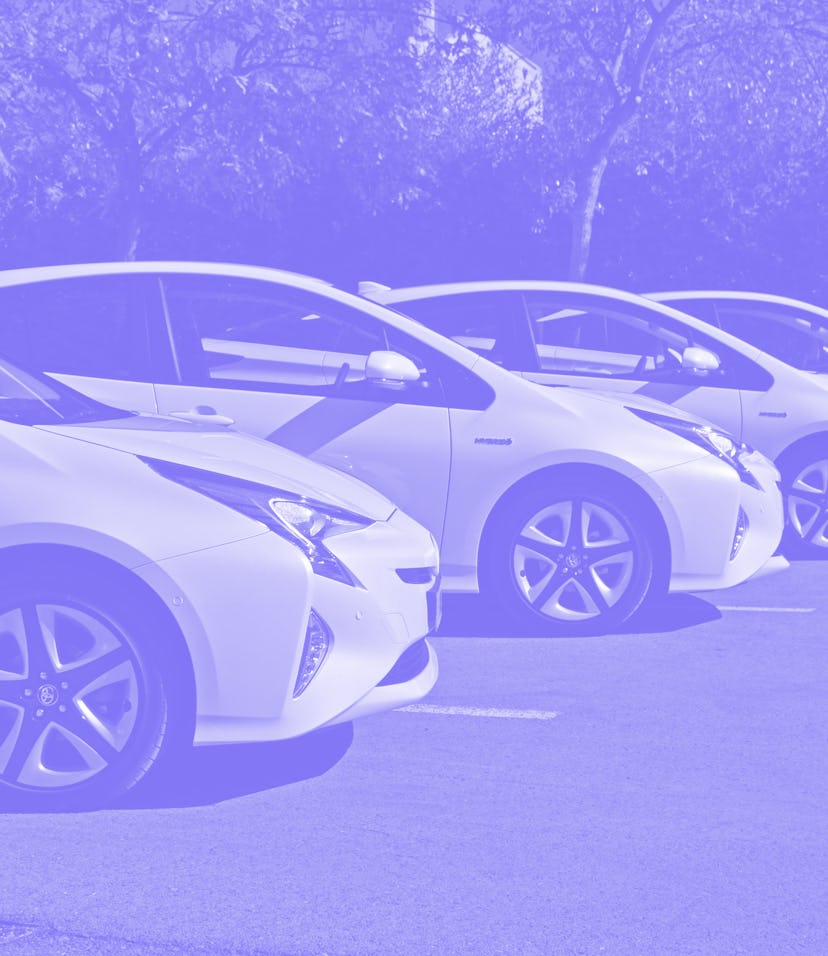💰
Toyota's electric vehicles are about to get much more expensive
Now that the Japanese company has sold 200,000 EVs, consumers are no longer eligible for federal tax credits.

Toyota has officially sold 200,000 electric vehicles — a happy milestone that brings with it the unfortunate end of a sizable consumer perk. Buyers of Toyota EVs will no longer be eligible for the $7,500 tax credit offered by the U.S. government, as the federal aid for automakers is capped at 200,000 EVs.
The Japanese automaker hit the 200K mark last month after selling another 3,876 electric vehicles (both hybrid and all-electric) around the world, Bloomberg reports. It’s the third company to do so, following in the footsteps of General Motors and Tesla.
If you think scrapping a $7,500 incentive to go electric just when automakers are hitting their groove is a pretty ridiculous idea, you’re not alone. Toyota, Tesla, GM, Ford, and others have lobbied the Biden administration to extend the tax credits, though there hasn’t been much movement from the government on that front just yet.
Not the best rollout — In a very short period, Toyota has gone from offering no all-electric vehicles to being one of the most prominent EV manufacturers in the world. Joining the ranks of Tesla in the 200K club is no small feat. (That’s not to say Toyota is anywhere close to catching up with Tesla’s total sales numbers; Tesla is delivering more than 200,000 cars every quarter.)
The rollout of the Toyota bZ4X, the company’s first all-electric vehicle, has not been without its issues — perhaps in some part due to the company’s need for speed in the EV ranks. After more than a year of teasing, Toyota finally sent its first few thousand bZ4Xs out to customers last quarter. They’ve all since been recalled because some have had their wheels fall off at random. Or at least that’s what we hear: Toyota’s official statement to Input on the matter was nice and ambiguous:
“Given that there are many different sources of information with varying degrees of reliability, it is difficult to know the existence, or the exact number of times this condition has occurred. Therefore, we would like to refrain from commenting.”
Toyota Japan was even hit by an overwhelming cyberattack earlier this year. Not even that stopped it from becoming the third-ranking EV seller in the world.
Tax credit reform? — Prospective Toyota EV buyers won’t be hit with that $7,500 price hike just yet. Current EV tax credit laws allow automakers to offer a $3,750 credit for the first six months after hitting the 200K mark, with an allowance of $1,875 per purchase for the six months following that.
A number of automakers have pushed for the tax credit to be extended beyond the 200K cap, though they don’t all agree on the specifics. Some — most notably GM and Ford — want an additional $4,500 tax credit for cars built by unionized automakers. Tesla and Toyota don’t really like this idea because, well, their workers aren’t unionized.